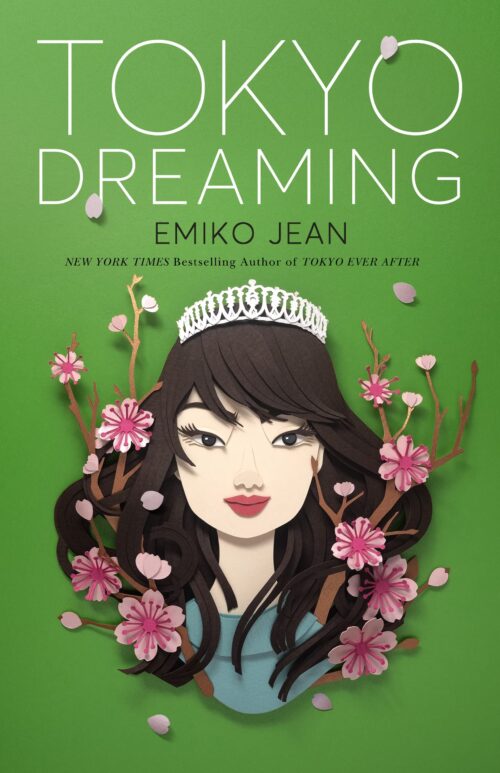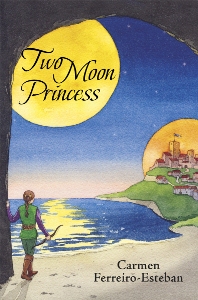This review contains affiliate links, which earn me a small commission when you click and purchase, at no extra cost to you. Thank you for supporting my small business and allowing me to continue providing you a reliable resource for clean book ratings.
This second book in a series (of just two? at least so far) picks up not long after the conclusion of the first, Tokyo Ever After. Princess Izumi is settling in to life in Japan and as a royal. She’s starting to get used to the press, the language and customs, the expectations. She’s openly dating her former bodyguard, Akio. Her parents have been spending a lot of time together, too. In fact, things are getting serious: her father proposes to her mother. Having her whole family together is a dream.
But then the imperial council meets and expresses concern about the engagement. The council has to approve any royal marriage, and as things are, its members don’t like Izumi’s mom’s background. And Izumi herself still has a long way to go to be a true princess of Japan. So Izumi decides, for the benefit of her family, to do everything she can to show how dedicated she is to her role.
Unfortunately, that leads to Akio breaking up with her; his common status isn’t helping the situation either. It breaks Izumi’s heart, but she moves forward in all the ways she can. In fact, she throws herself into meeting pretty much all expectations.
As weeks pass, her plan seems to be working well. But at what cost? Is she losing part of herself in the process? Is there a way for her — and her parents — to be good members of the imperial family as well as be their best, truest selves?
Tokyo Dreaming is a great continuation of Izumi’s story. It still includes the fun and wit of the first book, the romance, the posh living, and lovely descriptions of culture and places in Japan. Izumi is trying to find her way in life at a time all other young adults her age are trying to do the same thing. Her situation is amplified by all the new and rigid expectations and by being in the spotlight. The two books are mostly light, escapist reading but touch on the more serious topics of race/ethnicity and belonging.
Rated: Moderate. Profanity includes 1 use of strong language, a few instances of moderate profanity, a few uses of mild language, and about 15 instances of the name of Deity in vain. Sexual content includes several scenes including kissing and one scene where characters kiss and remove clothes and sex happens but “off-screen.” As in the first book, there is one brief vulgar reference to a male body part used for humor.




